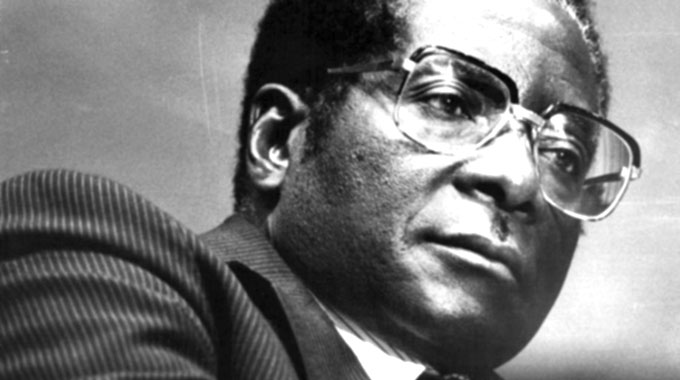2 000 back to work – but bread strike goes on

The Herald, 25 March, 1980
STRIKERS at nine concerns have gone back to work, a spokesman for the Ministry of Labour and Social Welfare said yesterday.
But the dispute hitting the bakery industry continued last night.
While bakery workers returned to work at Salisbury’s London Bakery — after a nine-hour dispute stopped the production of about 96 000 loaves — the night shift at North-West Bakery in Salisbury decided to go on strike.
About 100 workers are involved.
The Minister of Labour, Mr Kumbirai Kangai, yesterday toured the industrial sites in Gatooma, speaking to strikers and urging them to return to work.
The Deputy Minister of Labour, Mr Robson Manyika spoke to 500 striking men and women employed by the country’s largest poultry producer, Arbor Acres, near Salisbury.
A 17-man workers’ committee was formed to discuss “domestic problems” with the management, and a ministry spokesman said later the men had returned to work.
Mr Kangai addressed a crowd of workers outside the David Whitehead factory at Hartley, where about 1 500 men walked out on their jobs, and got them to form a committee, sources said.
The committee went into the factory, and held about three hours of negotiations with the management. The source said it was believed the workers would return to work today.
Mr Kangai was also due to address a crowd of 350 municipal workers gathered at the football stadium in the black township of Rimuka, Gatooma, but was delayed by the protracted negotiations at the David Whitehead factory.
Yesterday in Gatooma, another 730 workers from Venice Mine, the Cotton Marketing Board and the Grain Marketing Board, were reported by the Ministry of Labour to have returned to work.
The ministry spokesman said a total of 2 180 workers from nine concerns had returned to work by last night, while 34 workers from Gwelo-Selukwe Rural Council, and 200 from Cold Storage Commission’s abattoir at Gatooma had been discharged.
In Gwelo, 1 800 workers at the Bata shoe factory continued their strike which began last Wednesday.
The industrial registrar with the Ministry of Labour and Social Welfare, Mr Brian Cleary, said yesterday the ministry had “always advocated a policy of contact between workers and their employers”.
It was now helping in the establishment of workers’ committees in bodies affected by strikes, he said.
LESSONS FOR TODAY
• The new Government was faced with a spate of strikes in a number of private companies, nationwide a month before the declaration of independence.
• According to The Herald of March 19, 1980 the Minister of Labour said the cause of unrest was a “malicious rumour” that the new Government was to nationalise pension funds. If so, it means that there was a third force that wanted to manipulate Government to reverse its Marxist-Leninist ideological stance. Cde Kangai said the rumour was “totally without foundation.”
• But, the workers also used the industrial action to make their plight of poor remuneration and conditions of service known to the new Government.
• Workers were not organised, something that the new Government addressed as quickly as possible, leading to the first Labour Day celebrations in May. This saw the birth of workers’ committees, eventually leading to the formation of the Zimbabwe Congress of Trade Unions.
• Industrial action is now protected by law, as it is regarded as a Constitutional right to strike.
For historical information contact:
Zimpapers Knowledge Centre at Herald House on:
+263 8677 004323;
+263 0242 795771
E-mail: [email protected]










Comments